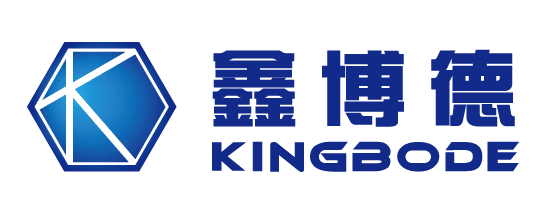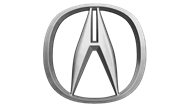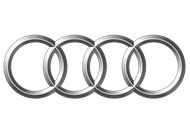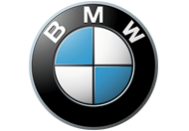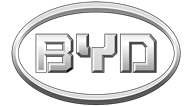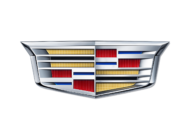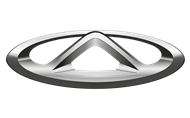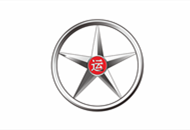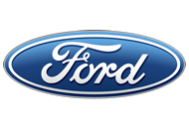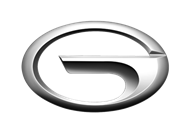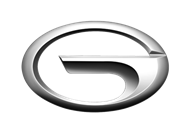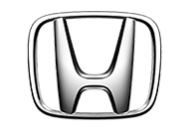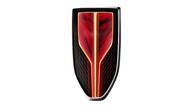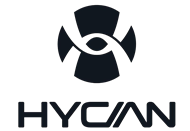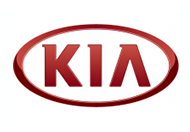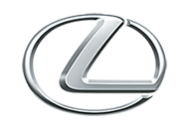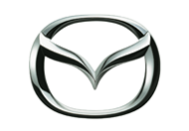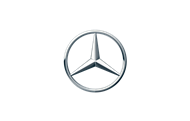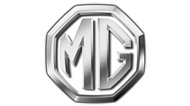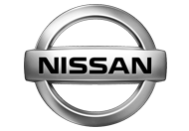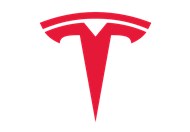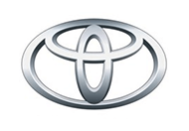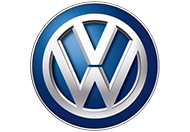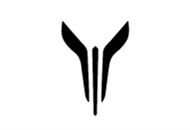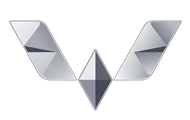BYD starts exporting lithium batteries from China by air transportation
The export of lithium batteries using air transportation is very rare and difficult, as the product is classified as dangerous goods.
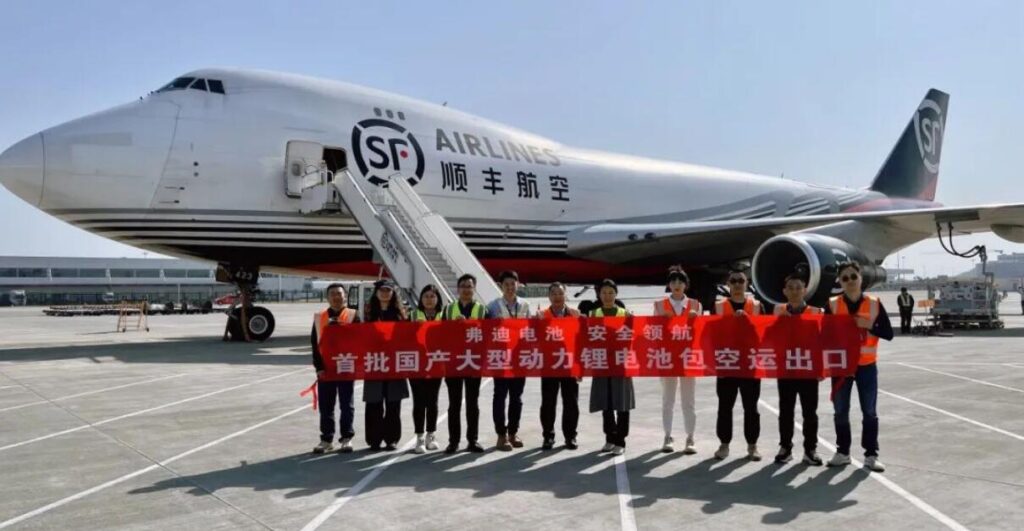
BYD (OTCMKTS: BYDDY) has begun exporting lithium batteries by air, marking the start of a move by one of its key businesses to make use of a more safety-demanding but efficient way of transportation.
BYD’s battery manufacturing unit, FinDreams, completed the export of large lithium power batteries by air on November 24, marking the first time China-made large lithium power battery packs have been exported by air, the BYD unit said today.
The batteries, each weighing about 300 kilograms, took off from an airport in Hubei province on November 23 on a flight operated by SF Airlines, a Chinese cargo airline that is part of SF Express, and arrived at Frankfurt airport in Germany in the early hours of November 24.
It is very rare and difficult to export lithium batteries by air transportation because the product belongs to Class 9 dangerous goods.
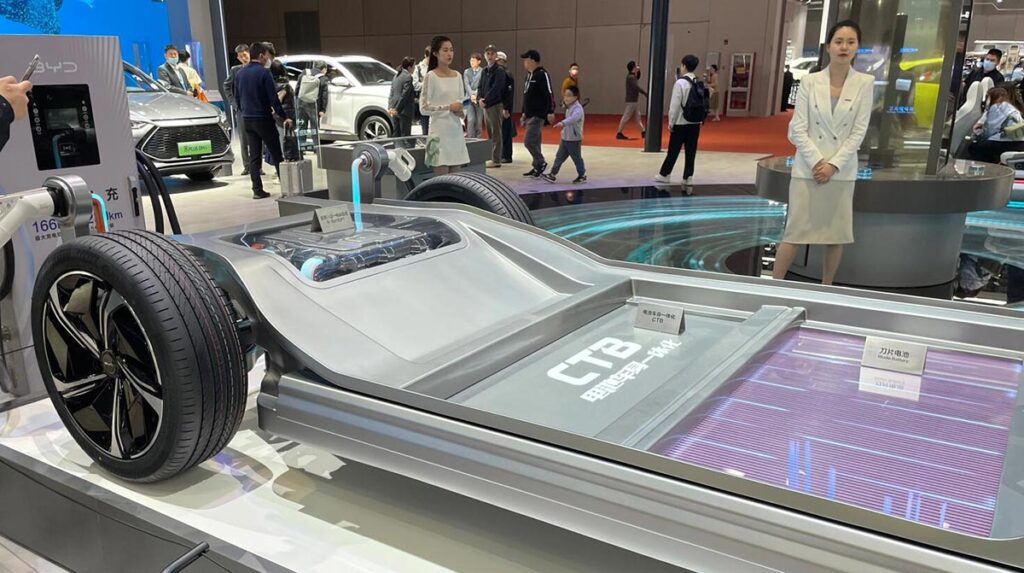
According to international standards, if the weight of a single package of lithium battery for air transportation exceeds 35 kg, it needs to obtain the A99 special approval letter from the civil aviation authority of the country it belongs to, and complete the work including lithium battery transportation safety test, packaging safety test and emergency drill.
In order to comply with the safety requirements for air transportation, FinDreams heated the battery packs in a fully charged state during the test to verify the safety of the battery packs failing under extreme working conditions.
FinDreams’ team of experts also developed aviation-specific explosion-proof cases for the battery packs to ensure safety during transportation, according to a FinDreams press release.
A team of hazardous materials experts from civil aviation and airport authorities, and SF Airlines, witnessed the safety testing process of FinDreams’ lithium iron phosphate battery packs, according to FinDreams.
The completion of the air transportation mission is an important milestone for China’s power battery transportation, according to FinDreams.
The move lays the foundation for the standardization and normalization of power battery air transport, providing data support and a successful case for the product to gain more efficient transport channels, it said.
FinDreams did not mention how many battery packs were shipped to Germany, or who the customers of those packs were.
In May, German media outlet Teslamag said in a report that the Model Y with BYD batteries had been produced at Tesla‘s Gigafactory in Grünheide, Germany.
The model is a rear-wheel-drive version, and the batteries won’t be produced by Tesla itself, but by BYD in China, according to the Teslamag report.
BYD is a Chinese new energy vehicle (NEV) giant and one of the world’s largest power battery manufacturers.
Between January and September, BYD’s power battery installed capacity was 76.6 GWh, placing it second globally with a 15.8 percent share, according to data released on November 7 by South Korean market researcher SNE Research.
CATL continued to rank first in the world with a 36.8 percent share of 178.9 GWh of batteries installed from January to September.
In China, BYD’s power battery installed capacity in October was 10.28 GWh, ranking second with a 26.23 percent share, according to the China Automotive Battery Innovation Alliance (CABIA).
CATL ranked first in China with a 42.81 percent share of 16.78 GWh of power batteries installed in October.
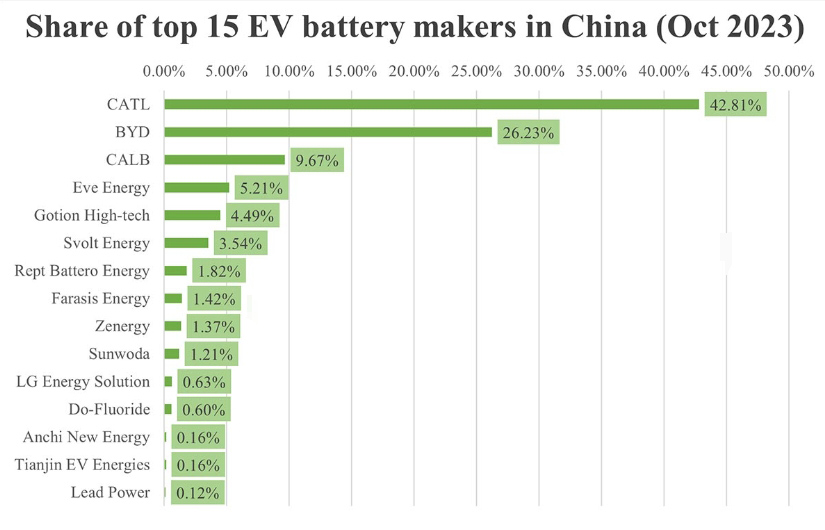
(News credit:CNevp)
